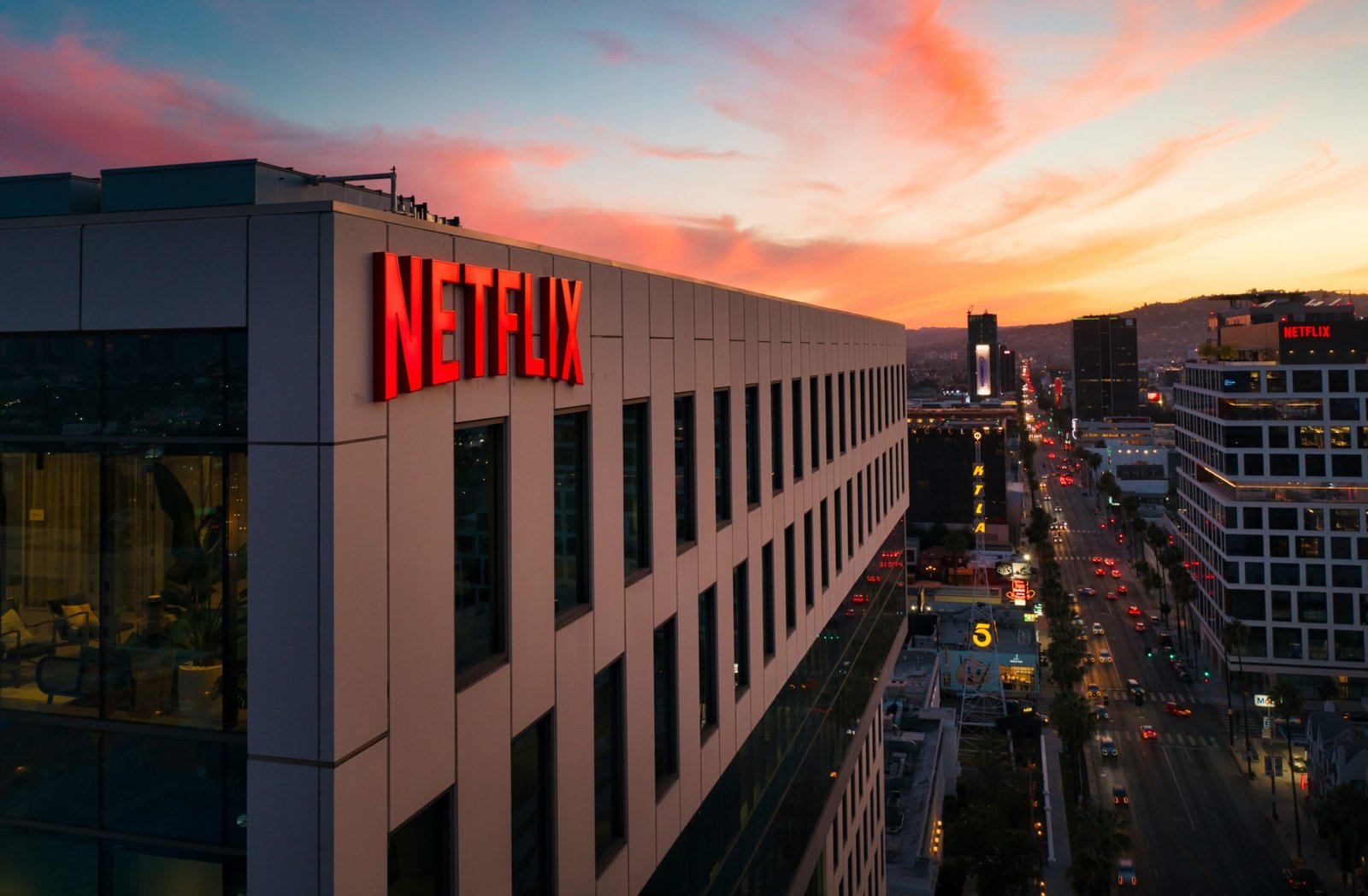In 2019, Chris Fenton, a former executive involved in the production of “Iron Man 3,” initiated a legal battle against his former employer, DMG Entertainment. This company played a significant role in the intersection of Hollywood and Chinese film distribution. After a series of legal proceedings, Fenton’s case is now heading to trial, shedding light on some of the less transparent aspects of China’s involvement in the Hollywood arena. This revelation comes before the 2021 escalation of tensions between the U.S. and China, which prompted studios to reevaluate their strategies. The trial, titled Fenton v. DMG, is scheduled to commence on October 23 in California Superior Court and is expected to feature notable figures like Robert Downey Jr. and the prominent producer Neal Moritz as witnesses.
Fenton, a former agent at William Morris who spent 17 years at DMG, has brought forth a $30 million lawsuit. He alleges breach of contract and promissory fraud, claiming that the founders of DMG, once valued at $5 billion, excluded him from the proceeds of a 2014 initial public offering and subsequently mismanaged the business.
DMG gained recognition in Hollywood after co-producing and financing films such as “Looper” and Johnny Depp’s “Transcendence.” However, in 2018, the company’s stock price experienced a significant decline, which coincided with the year Fenton raised concerns about DMG’s practices and was subsequently removed from his role as the head of the motion picture division. Ultimately, DMG was delisted from the Shenzhen stock exchange.

Recent developments in Fenton’s case have unveiled allegations of peculiar deals orchestrated by DMG to boost the stock price of an affiliated company. These deals were presented to A-listers, including Robert Downey Jr. and Neal Moritz. The proposed deal for Downey Jr. involved a $20 million annual investment for three years in exchange for $90 million later, with $36 million paid upon execution. Court documents reveal that DMG founder Dan Mintz also encouraged Fenton and former DMG lead attorney Tom Ara to suggest a similar deal to Moritz, who was working on the film “Bloodshot,” based on a Valiant Comic.
Fenton and Ara raised concerns that Mintz intended to artificially inflate the stock price of DMG’s affiliate, Yinji, by reporting the revenue from these deals as profit without disclosing the liability. Moritz’s attorney also expressed reservations about the proposed deal. Ultimately, both offers were declined by Downey Jr. and Moritz.
The lawsuit goes further to allege that Chinese officials, including former China Film Group head Han Sanping, accepted bribes from DMG. Mintz, along with co-founders Bing Wu and Peter Wenge Xiao, reportedly borrowed hundreds of millions of dollars secured by DMG stock. They used the funds for purchases like a $20 million Beverly Hills mansion, a $30 million Bombardier jet, and luxury vehicles, including a Rolls-Royce, Bentley, and Ferrari. In an unexpected turn, the founders acquired significant debt to finance experimental regenerative medical treatments.
While DMG’s attorney dismisses the suit as filled with irrelevant and scandalous allegations, Fenton has already cleared several legal hurdles, including the dismissal of DMG’s countersuit. This lawsuit has unveiled details about Beijing’s soft power ambitions, revealing how a company under its control almost acquired Taiwan’s sole broadcast network. This revelation raised concerns, especially in light of recent geopolitical tensions surrounding Taiwan.
Moreover, the case underscores how entities seeking to engage in business within China were often required to relinquish control to a Chinese surrogate. This practice left Hollywood stakeholders and U.S. citizens with limited autonomy over their assets. In the case of DMG, a Chinese citizen held DMG shares as a proxy for Mintz, Bing Wu, and Fenton, while the company’s founders obtained loans secured by these shares.
Summary
Dive into a riveting legal battle between Hollywood and China, where allegations and revelations have taken center stage. Unearth the controversy, peculiar deals, and financial intricacies that have emerged in this captivating narrative. Explore the ambitions of soft power and the potential acquisition of Taiwan’s broadcast network in this gripping legal drama.
Read more : https://truereviewmagazine.com/










